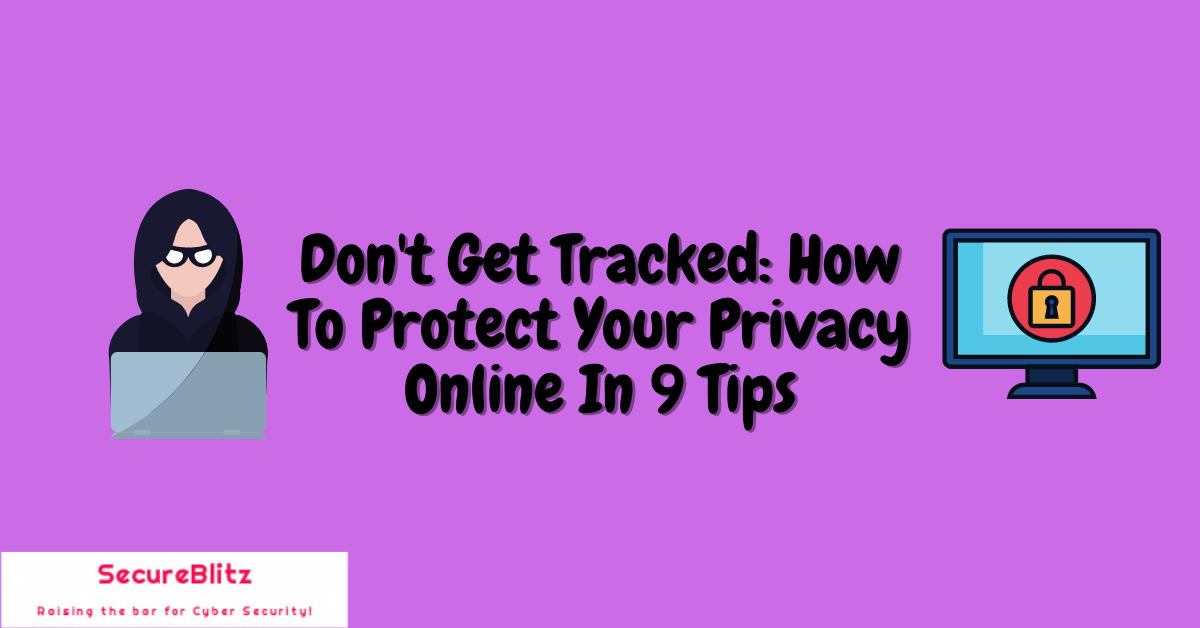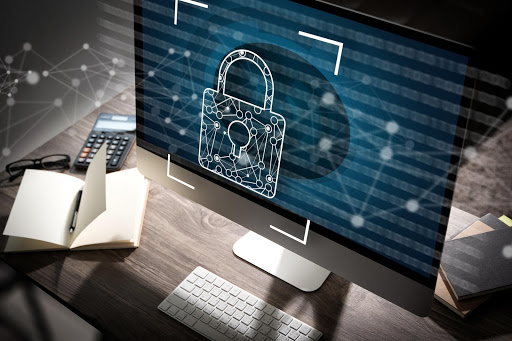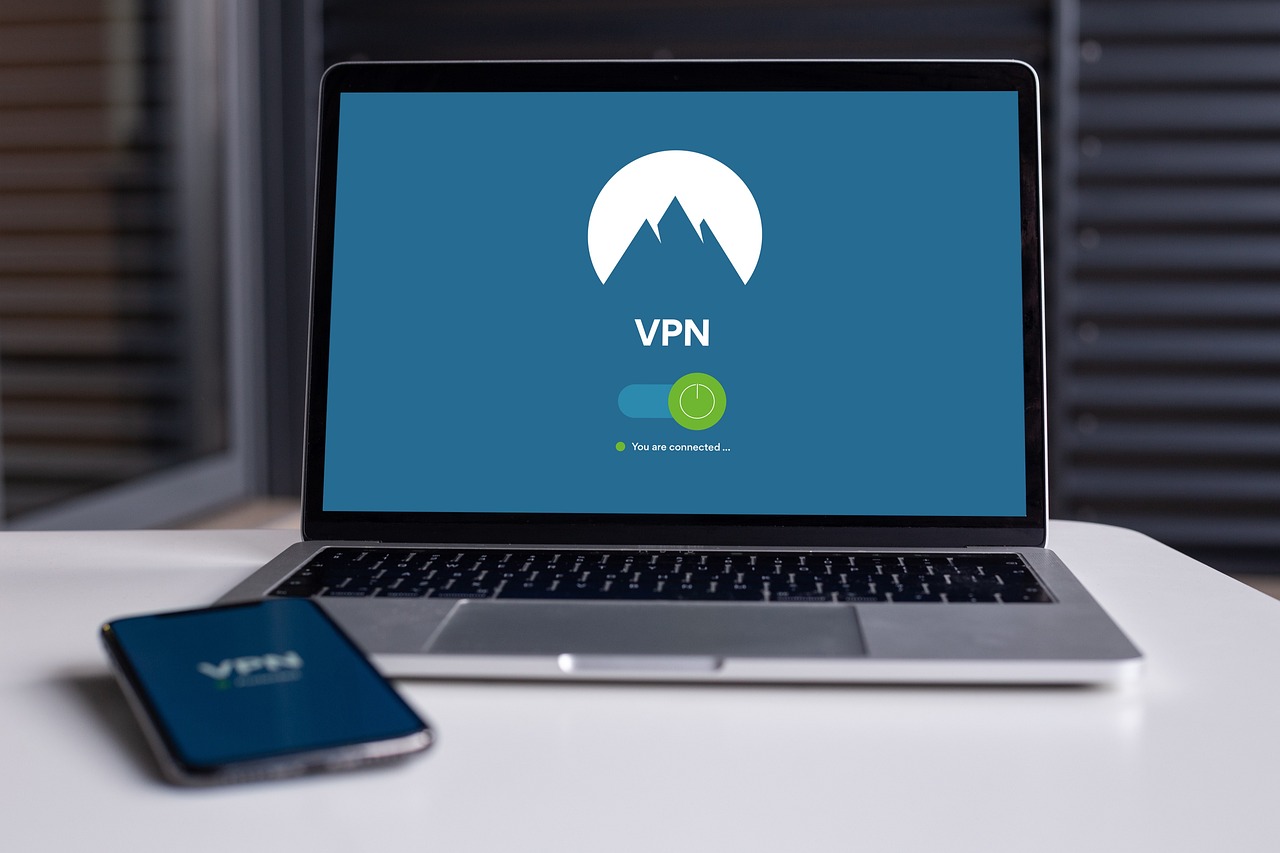This post will show you how to protect your privacy online.
Unless you have lived under a rock for the past few years, you would have noticed an increasingly strident cry for data privacy protection from netizens and civil rights workers.
Grassroots movements put increasing pressure on local and national governments to act on behalf of protecting the data privacy rights of ordinary citizens that, finally translated into fairly stringent data laws, such as:
- General Data Protection Regulation (EU) 2016/679 (GDPR) in the European Union
- Brazilian General Data Protection Law (Lei Geral de Proteção de Dados Pessoais or LGPD)
- Protection of Personal Information Act in South Africa
- Combined California Consumer Privacy Act (CCPA)
- California Privacy Rights Act (CPRA) data privacy regime in California.
“The right to be forgotten” is a newly fangled term, but the GDPR and CPRA both allow digital users this right.
Many technology companies, exceptionally high-profile, have user data going back years, if not decades, that includes minutiae such as every site visited on particular days, preferences, shopping habits, political views, and much more.
The right to be forgotten grants users the right to ask that data be deleted and surrender this information.
READ ALSO: Ultimate Digital Privacy Guide
Table of Contents
Why Is Privacy Important?
While the answer to this should be self-evident, most people (including fairly media-savvy users) do not understand how third parties can exploit their digital information willy-nilly for personal gain.
These third parties can range from your friendly neighborhood Wi-Fi stealer and data brokers to multinational conglomerates, who can sell your data for targeted advertising, credit risk assessment, direct marketing, or other uses.
In worse cases, even governments can use this data against you to track your whereabouts or know information about you that you may be uncomfortable sharing.
Consumers are becoming increasingly wary about the data privacy of businesses and organizations they interact with daily.
A Pew Research Center study revealed that 79% of surveyed people were ‘very’ or ‘somewhat concerned’ about how companies use the data being collected from them. In comparison, 64% of respondents displayed the same level of concern for the collection of personal data by governments.
This article will provide guidelines on How to Protect Your Privacy Online in 9 Tips.
How to Protect Your Privacy Online
Take these steps to protect your online privacy:
1. Use the DNT setting
Have you ever noticed those pesky ads traveling with you around the Internet? Those are a result of websites and advertisers tracking your digital movements.
This is done through cookie profiling and other techniques to create a surveillance paradigm of all your online activities and build detailed user profiles based on your browsing patterns.
While many people are oblivious about the ads or don’t mind them – the practice remains a thorough violation of your fundamental human right to privacy.
To protect yourself against these practices, use the Do Not Track option whenever a browser or a website offers it so they cannot use your data.
2. Use VPN
Using a VPN is a great way to protect your digital information online. A VPN changes your IP address, allocates a new one with the VPN server you connect to, and encrypts all your incoming and outgoing traffic.
Contact IT Support for guidance on choosing the best VPN service.
3. Use cookie-blocking browser extensions
Further to the above, you can also use enhanced protection offered by some privacy-forward browsers and enable cookie-blockers on all websites.
4. Opt out of app tracking
Your activities on apps can be tracked just the same as browsers. Please read the agreements closely before signing and opt out of tracking whenever possible.
5. Review privacy policies carefully
Reading the fine print is extremely important for protecting your digital privacy. Almost every app you use and service you sign up for will ask you to agree to service agreements that form a legally binding contract between the user and the service provider.
Most companies are legally bound to discuss their data collection policies here. As responsible users, you must be aware of these practices so you don’t unwittingly hand over your personal information for exploitation.
6. Always browse in incognito mode
Incognito mode prevents websites from tracking your digital activities.
7. Delete Cookies in Browser Exit
You should delete cookies regularly as they’re used by websites, advertisers, and other third parties to track you online.
While you can clear your cookies manually, you’re better off configuring your browser to delete them automatically at the end of the browsing session. If you don’t know how to, follow our guide to deleting browsing cookies automatically at browser exit.
8. Be aware of your digital footprint
Please understand that whatever you post online – stays there – even if you delete it. Anything and everything that you do online leaves a breadcrumb of the digital footprint that malicious actors can and do follow.
These include everything from signing a petition or a form to videos and photos you feature in or any piece of communication that you post about yourself online.
9. Be wary of what you click online
An utterly innocuous link circulated in your office or among your relatives as a call to action for a philanthropic action can be malicious. So can an urgent mail seemingly sent from your boss.
We won’t even mention the kind of malware that can lurk behind online ads and spam. Always remain vigilant when clicking links and ensure they have https certification and no unusual spelling errors or generic greetings.
These are generally tell-tale signs of spoofed websites that try to steal your credentials and personal information. There has been tremendous growth in incidents of phishing using such tactics in the wake of the pandemic.
Most of these spoofed websites were carefully cloned copies of websites that are either well-known, such as an international philanthropic organization, or highly used, such as heavily used e-commerce or payment platforms.
Conclusion
I hope you now know how to protect your privacy and security online.
You can strengthen your online privacy in numerous ways, including maintaining pristine password hygiene, using multi-factor authentication, backing up your data securely, and more.
Contact local providers in Managed IT Services for guidance on ensuring digital privacy.
SUGGESTED POSTS
- Top 8 Considerations To Choose The Right VPN Service
- 15 Tips to Protect Your Privacy Online
- 7 Actionable Steps To Prevent And Control Cybercrimes
- Google Fined for YouTube Child Privacy Violation
- How To Remove Apps On Android And iOS Devices
- eCommerce Design Trends 2022
- Proxy Optimization: 4 Things You Didn’t Know A Proxy Could Do
- 8 Upcoming Facebook Updates You Must Know About In 2022
About the Author:
Christian Schmitz is a professional journalist and editor at SecureBlitz.com. He has a keen eye for the ever-changing cybersecurity industry and is passionate about spreading awareness of the industry's latest trends. Before joining SecureBlitz, Christian worked as a journalist for a local community newspaper in Nuremberg. Through his years of experience, Christian has developed a sharp eye for detail, an acute understanding of the cybersecurity industry, and an unwavering commitment to delivering accurate and up-to-date information.











